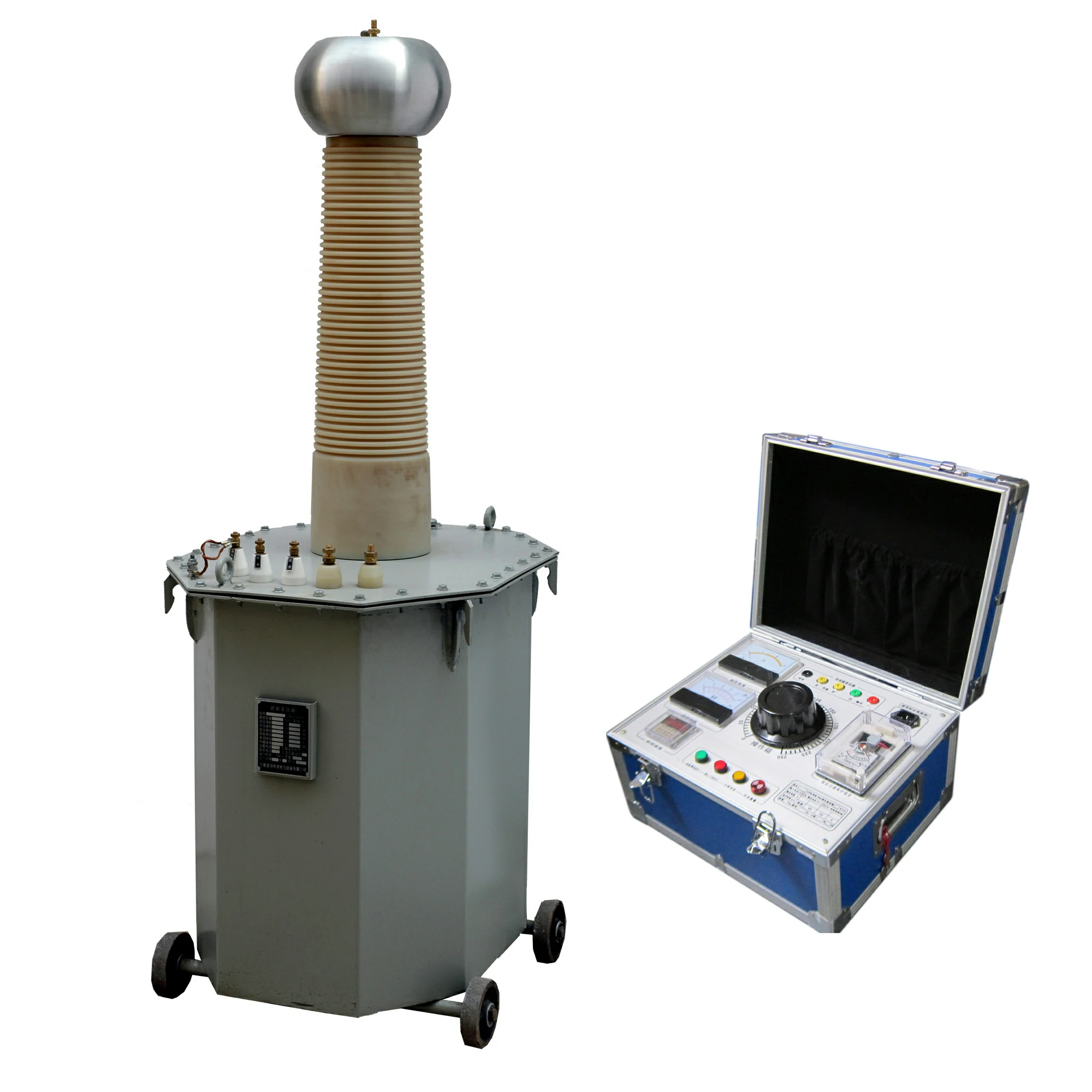Transformer oil testers, also known as insulation oil testers or dielectric strength testers, are used to assess the dielectric strength and quality of insulating oils used in transformers and other electrical equipment. These testers typically support various types of connectors or terminals to facilitate the testing process and ensure compatibility with different oil sampling methods.
Here are some common types of connectors or terminals supported by transformer oil testers:
- Banana Jacks: Many transformer oil testers feature banana jacks as standard connectors for connecting test leads or electrodes. Banana jacks provide a secure and reliable connection and are compatible with banana plugs commonly used on test leads and accessories.
- Alligator Clips: Some transformer oil testers may come with alligator clips or crocodile clips for attaching to metal electrodes or test points on the oil sample container. Alligator clips provide a convenient way to make temporary connections and are suitable for a wide range of oil sampling containers and configurations.
- Spade Terminals: Transformer oil testers may also support spade terminals or blade connectors for connecting test leads or electrodes. Spade terminals are often used with ring terminals or spade lugs on test leads and can provide a secure connection to the oil sample container or test apparatus.
- Bayonet Fittings: Certain transformer oil testers may feature bayonet fittings or twist-lock connectors for attaching specialized test probes or electrodes. Bayonet fittings ensure a quick and secure connection and are commonly used with proprietary accessories or electrode assemblies.
- Threaded Terminals: Some transformer oil testers may include threaded terminals or screw terminals for connecting test leads or electrodes with threaded connectors. Threaded terminals offer a reliable connection and are compatible with threaded probes or electrodes used for oil sampling and testing.
- BNC Connectors: In some cases, transformer oil testers may support BNC (Bayonet Neill-Concelman) connectors for connecting coaxial cables or probes. BNC connectors are commonly used in laboratory and field-testing applications and provide a secure, impedance-matched connection for high-frequency signals.
- Lemo Connectors: Certain advanced transformer oil testers may feature Lemo connectors, which are precision connectors commonly used in instrumentation and measurement equipment. Lemo connectors offer high reliability, low noise, and secure connections suitable for high-precision testing applications.
- Custom Connectors: Depending on the specific model and manufacturer, transformer oil testers may support custom connectors or terminals designed for specific applications or testing requirements. These custom connectors may include proprietary designs or configurations optimized for particular oil sampling methods or test setups.
Overall, transformer oil testers support a variety of connectors or terminals to accommodate different oil sampling methods, test configurations, and user preferences. The choice of connector type may depend on factors such as compatibility with existing test leads or accessories, ease of use, and suitability for the intended testing application.

